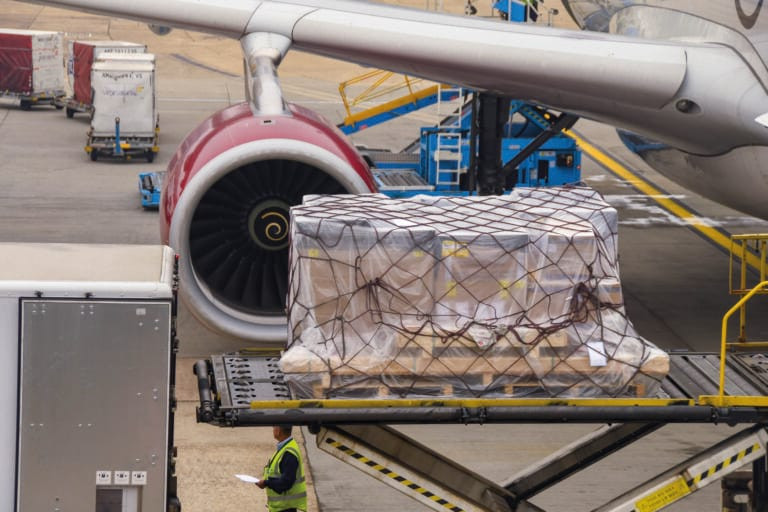Recent months have seen the industry forced to grapple with rapidly evolving tariff structures, particularly in relation to the United States. While a more favourable trade climate is beginning to emerge, the journey hasn’t been straightforward.
“The USA has changed tariffs for imports from the UK four times since 12 March,” Chris Roome explains. “Although favourable treatment and the forthcoming US–UK Economic Prosperity deal have left British businesses better placed than anyone else, confusion and uncertainty did cause some businesses to put trade on hold.”
The impact has been especially acute in sectors dependent on fast-moving transatlantic supply chains. But, as Roome sees it, the fog is beginning to lift.
“As the mist clears, we believe this is easing,” he says. “A better deal for UK companies than their European competitors provides them with a great opportunity to increase their market share in the world’s richest market, which is already Britain’s biggest individual trading partner.”
However, for many businesses, the day-to-day implications of tariff changes are still deeply felt. Administrative burdens, unpredictability in pricing, and the constant need to reassess sourcing decisions have forced many to pause and reconsider their strategies.
“Tensions between the US and China are leading to an adjustment to supply chains in favour of countries like Thailand, Vietnam, India and Turkey,” Roome adds. “Overall, it seems like the UK is taking a strategic approach to trade—recognising that we need to drive growth where we can, and apply political pressure where geopolitics necessitates it.”
Customs challenges
Beyond tariffs, customs processes continue to present their own challenges for UK businesses—especially since Brexit. While many organisations have adapted, a number of damaging misconceptions still persist.
“There is often confusion over VAT on imports, and companies don’t always know how to handle preferences,” Roome says. “Taking time to put everything in place with your customs broker in advance will avoid costly mistakes later on.”
Baxter Freight has positioned itself as a partner to businesses navigating this new landscape, offering tailored reviews of existing import–export processes.
“Our dedicated customs team are happy to review the processes companies have in place for both exports and imports,” he explains. “We have all the expertise to advise on the different customs regimes and are often able to make suggestions which save money, improve cashflow, and reduce transit times. Checking the origin of goods and any preferences can also lead to retrospective refunds if goods have been imported incorrectly.”
But it’s not just about avoiding pitfalls—it’s about seizing advantages. New free trade agreements like CPTPP and potential deals with Gulf States are offering meaningful incentives, if businesses are ready to take advantage.
“Whilst all changes require us to acquire knowledge of the new rules, this temporary learning curve is far outweighed by the benefits of lower tariffs, simpler processes, and increased volumes of trade,” says Roome.
Digitalisation and strategy
Technology is also reshaping how UK businesses manage customs, albeit not without its own hurdles.
“There have been a lot of changes to HMRC’s systems since Brexit,” Roome notes. “CHIEF to CDS, NCTS 5, GMRs, ENSs—the list goes on. Greater digitalisation is very welcome, but rollouts can present a short-term challenge.”
Baxter Freight itself is adapting, rolling out its own digital platform and exploring AI-powered tools to enhance accuracy and efficiency.
“These changes have already paid dividends, but there are still big gains to be had,” he says.
For smaller firms, sudden regulatory changes can be especially destabilising. Roome recommends SMEs prioritise strong logistics partnerships and consider more flexible inventory strategies.
“There are always things that can be done to mitigate risk,” he says. “If you hold more duty-paid ‘in-country’ stock, then of course you have a buffer against sudden changes. Alternatively, you can hold goods in bond until they need to be delivered, to try to ‘ride out’ fluctuations caused by negotiation strategies.”
Smart contracting can also help.
“Well-crafted purchase and sale contracts can place the risks of change somewhere else in the supply chain,” he adds.




